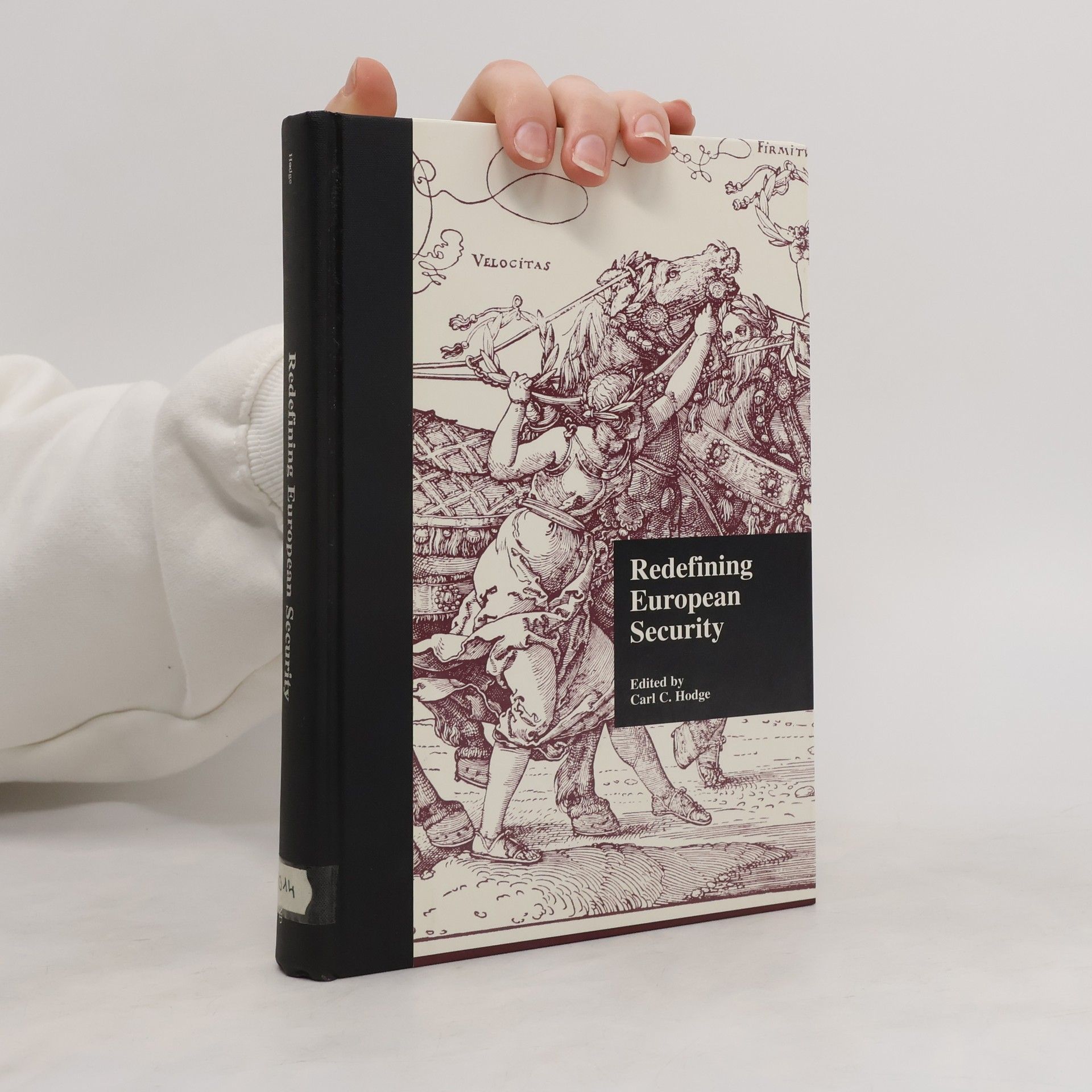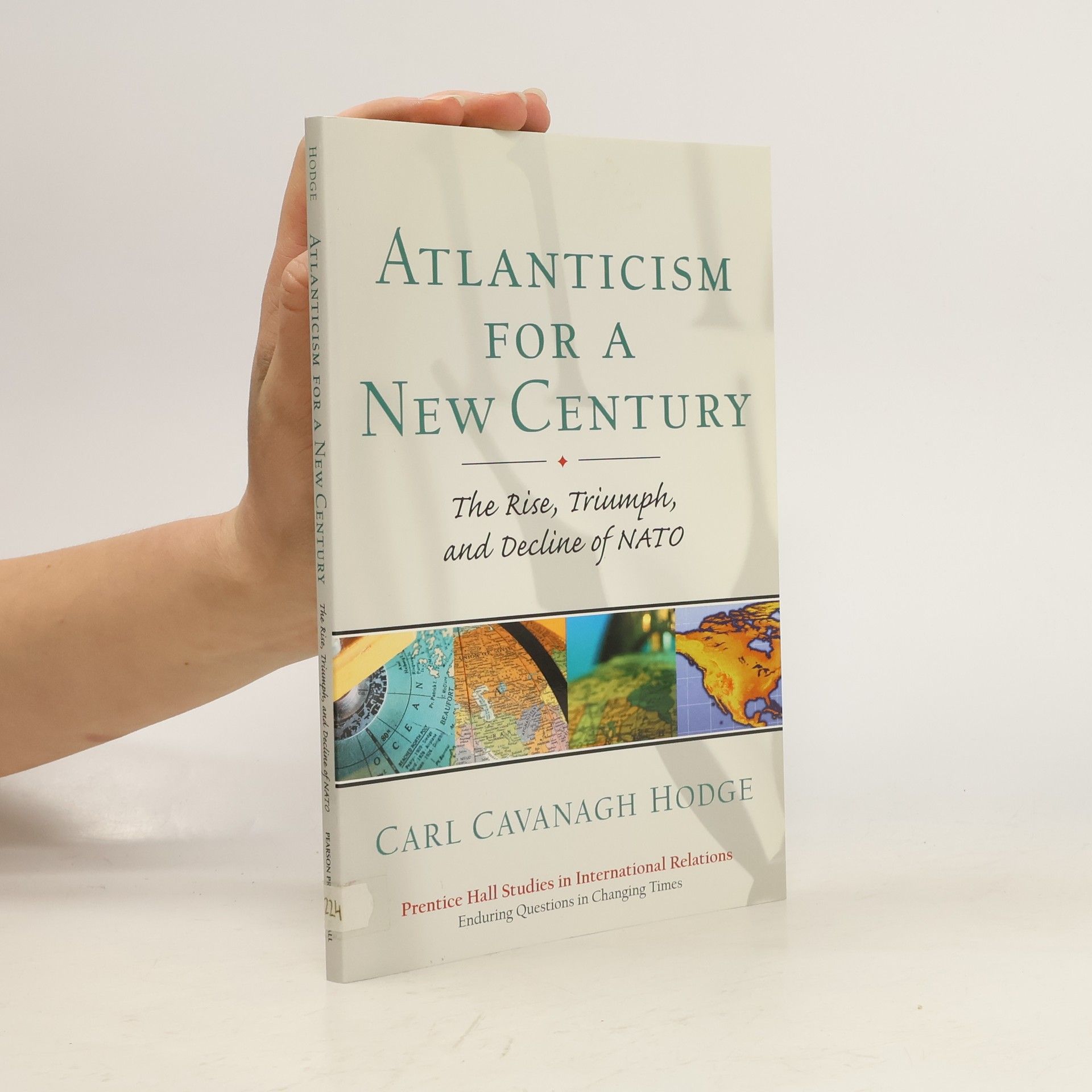The book presents a unified interpretation of the World Wars, emphasizing the interwar years as a time of rearmament driven by expectations of future conflict. It explores how these assumptions about warfare led to a significantly more violent confrontation than experienced during the First World War, highlighting the evolving nature of military strategy and the geopolitical landscape during this tumultuous period in modern history.
Carl Cavanagh Hodge Boeken



Atlanticism for a New Century
- 256bladzijden
- 9 uur lezen
This compact book gives readers a half-century of NATO history in just over 250 pages! An integrated look at the evolution of the foreign policies of the major NATO states during and after the Cold War, it concentrates on the politics and diplomacy of the Alliance as well as studies the nature of a successful military coalition. The book's treatment of the diplomatic crisis over the US-led war in Iraq makes it the most up-to-date study of NATO, and its lucid explanation of deep-seated trans-Atlantic divergence on the nature of contemporary global affairs and the place of multilateralism within them allows readers to learn a great deal in a short period. Topics the American mission in Europe, Atlantic Ostopolitik , the expeditionary NATO (Desert Storm, the Bosnia crisis, and humanitarian war), smart war and responsible statecraft, the decline of NATO, and the future for Atlanticism. An excellent reference for those involved in state and foreign affairs, this book is also an excellent source of information for any reader interested in NATO and international relations.
Redefining European Security
- 300bladzijden
- 11 uur lezen
First Published in 1999. Routledge is an imprint of Taylor & Francis, an informa company.